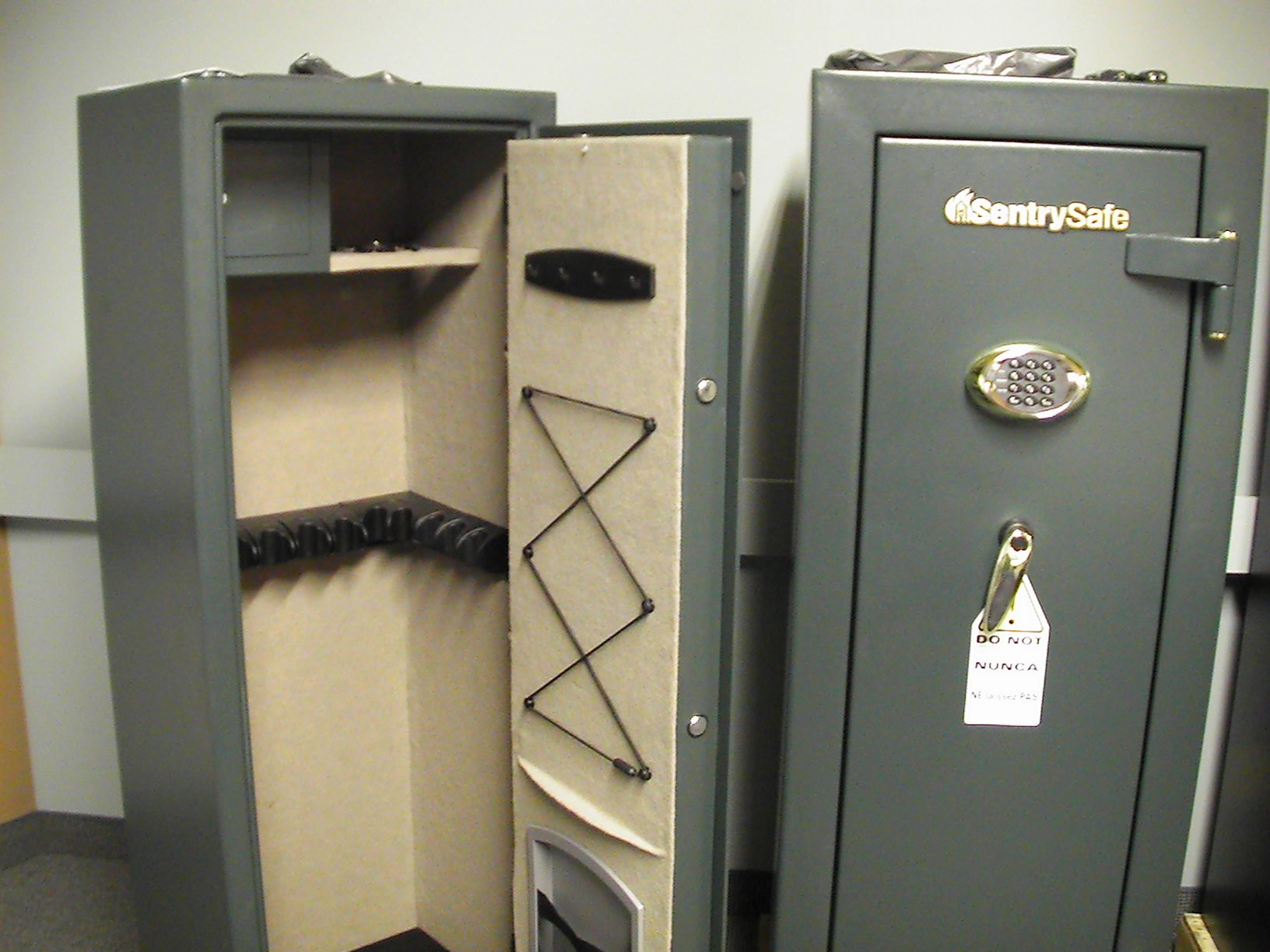Recycling is a cornerstone of sustainable living, yet many of us still struggle to integrate it into our daily lives. In addition to using small trash bags in your household, there are many steps you can take to make a positive impact on the environment. In this guide, you’ll find what recycling is, why it’s important, and practical tips and strategies to help you improve your recycling habits and reduce your environmental impact.
What Is Recycling?
Recycling is the process of converting waste materials into new materials and objects. It involves the process of collecting, sorting, processing, and remanufacturing materials to create new products. Commonly recycled materials include iron and steel scrap, aluminum cans, glass bottles, paper, wood, and plastics.
Why Is Recycling Important?
Conserving Natural Resources: Recycling helps preserve finite natural resources. By recycling paper, wood, and plastic, we save trees, forests, and fossil fuel hydrocarbons. Additionally, recycling metals reduces the need for risky mining and extraction.
Protecting Ecosystems and Wildlife: Recycling reduces the demand for new raw materials, which lessens harmful disruptions to the natural world. Fewer forests are cut down, rivers diverted, and wild animals harmed or displaced. Proper recycling prevents plastic waste from polluting rivers and seas, safeguarding coastlines and waterways.
Reducing Demand for Raw Materials: The pursuit of new products often displaces vulnerable communities and harms the environment. Recycling existing products is a better alternative.
By recycling, we avoid damaging someone else’s land or community in the quest for new raw materials.
Saving Energy: Producing items from recycled materials consumes significantly less energy than using new raw materials. For example, creating fresh aluminum from recycled cans and foil consumes 95% less energy than manufacturing it entirely from raw materials.
Preserving Habitats and Allowing Healing: When we reduce reliance on new materials, we give natural habitats, forests, and rainforests a chance to recover and heal.
Ways to Improve Your Recycling Habits
Below are some tips on how to improve your recycling habits:
Know What Can and Cannot Be Recycled
One of the keys to successful recycling is knowing what items can and cannot be recycled. While guidelines may vary depending on your location and recycling facility, there are some general rules of thumb. Items such as paper, cardboard, plastic bottles, glass containers, and aluminum cans are generally accepted for recycling. On the other hand, materials such as plastic bags and some types of plastic may not be recyclable through curbside programs. It is important to check with your local recycling provider or municipality for specific guidelines.
Reduce, Reuse, Recycle
The mantra “reduce, reuse, recycle” encapsulates a hierarchy of waste management practices. While recycling is crucial, it is equally important to focus on reducing consumption and reusing items whenever possible. By minimizing the amount of waste we generate, we can reduce our environmental impact and conserve resources. Consider alternatives to single-use products, choose durable and reusable items, and creatively recycle materials to extend their life.
Create a Convenient Recycling System
To optimize your recycling efforts, create a convenient system for collecting and sorting recyclable materials in your home or workplace. Place special recycling bins or containers in easily accessible locations, such as the kitchen, office, or garage. Clearly label each bin according to the type of material it is intended for (e.g., paper, plastic, glass) to facilitate proper sorting. Making recycling as easy as possible increases the likelihood that you will be consistently involved in the process.
Find out About Local Recycling Programs
Every community has its own set of rules and regulations regarding recycling, so it’s important to learn about your local recycling program. Find out what materials are accepted for recycling in your area, as well as the sorting requirements and restrictions that may apply. Many municipalities provide information resources and online guides to help residents effectively navigate the recycling process.
Rinse and Clean Recyclable Waste
Before throwing items in the trash, take the time to rinse and clean them to remove any food residue or contamination. While it’s not necessary to wipe items down to a shine, removing excess residue helps prevent contamination and ensures that materials are recycled efficiently. Contaminated recyclables can be rejected or cause problems during the recycling process, so a quick rinse can make a big difference in the quality of the recycled materials.
Avoid “Wishcycling”
Wishcycling, or throwing questionable items in the trash in the hope that they will be recycled, can cause more harm than good. Items that are not accepted by recycling facilities can contaminate batches of recyclables and jeopardize the entire recycling process. Instead of wishcycling, take the time to find out if certain items can be recycled in your area. When in doubt, it is best to throw questionable items in the trash or find alternative methods of disposal.
Reduce Pollution
Contamination is a significant issue in the recycling industry, as even small amounts of non-recyclable materials can degrade the quality of recycled materials. To reduce contamination, do not dispose of items that are not accepted by your local recycling program. Also, be mindful of what goes into each recycling bin, and make sure you separate materials properly. Proper sorting and minimal contamination help ensure efficient recycling.
Support Recycling Initiatives
In addition to recycling at home, consider supporting recycling initiatives and programs in your community. Participate in local cleanups, volunteer with environmental organizations, or advocate for better recycling infrastructure and policies. By joining a broader effort to promote recycling and sustainability, you can contribute to positive change on a larger scale and inspire others to do the same.
Lead by Example
Finally, lead by example and encourage others to improve their recycling habits. Share your knowledge and experience with friends, family, and colleagues, and demonstrate the importance of responsible waste management. As a role model, you can support recycling efforts in your community and make a significant contribution to protecting our planet for future generations.
In conclusion, improving your recycling habits is a simple but effective way to contribute to the health of the planet. With dedication and commitment, each of us can make a positive contribution by recycling responsibly. Let’s work together to create a more sustainable future for everyone.
Author Bio:
Joshua White is a passionate and experienced website article writer with a keen eye for detail and a knack for crafting engaging content. With a background in journalism and digital marketing, Joshua brings a unique perspective to his writing, ensuring that each piece resonates with readers. His dedication to delivering high-quality, informative, and captivating articles has earned him a reputation for excellence in the industry. When he’s not writing, Joshua enjoys exploring new topics and staying up-to-date with the latest trends in content creation.







